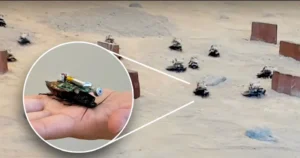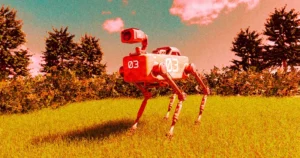Are AI Tools Replacing Traditional Search Engines? A Deep Dive into Evolving Search Habits
In a digital age where information is at our fingertips, the way we search for it is undergoing a seismic shift. A recent discussion on Hacker News titled “Ask HN: Do you still use search engines?” has sparked a lively debate about the evolving landscape of online search. As AI and Large Language Models (LLMs) like ChatGPT become more integrated into our daily routines, users are beginning to question the relevance of traditional search engines like Google. While some embrace AI for its conversational and comprehensive responses, others remain cautious, highlighting the enduring importance of search engines for tasks requiring precise and verifiable information.












